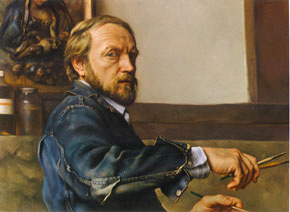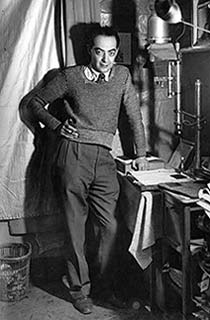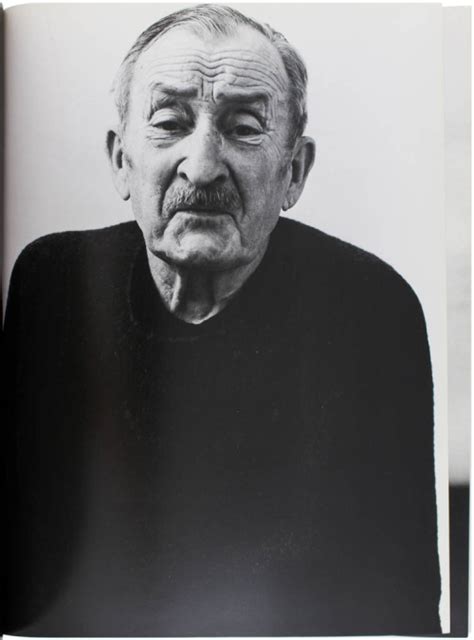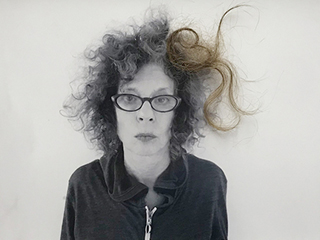A Quote by Thomas Ruff
Photographs are still always depictions, it's just that for my generation the model for the photograph is probably not reality any more, but images we have of that reality.
Quote Topics
Related Quotes
I've come to realize that I'm a image maker, not an object maker. Images come to me as photographs because I don't have any other way of express them. I have to translate everything into still or moving pictures. I've learned that reality is not important to me. In the end it is the representation of reality that I'm striving to capture.
Photographs are a way of imprisoning reality, understood as recalcitrant, inaccessible; of making it stand still. One can't possess reality, one can possess (and be possessed by) images — as, according to Proust, most ambitious of voluntary prisoners, one can't possess the present but one can possessthe past.
We know only what we do, what we make, what we construct; and all that we make, all that we construct, are realities. I call them images, not in Plato's sense (namely that they are only reflections of reality), but I hold that these images are the reality itself and that there is no reality beyond this reality except when in our creative process we change the images: then we have created new realities.
How foolish of me to believe that it would be that easy. I had confused the appearance of trees and automobiles, and people with a reality itself, and believed that a photograph of these appearances to be a photograph of it. It is a melancholy truth that I will never be able to photograph it and can only fail. I am a reflection photographing other reflections within a reflection. To photograph reality is to photograph nothing.
... my father loved to take photographs of me. When I was nine I made my own costumes for a school play and I experienced becoming different characters. I loved to document myself as different images and I think my work evolved after this favorite activity. The photographs I exhibited in New York juxtaposed reality and fantasy. There was everyday life and fantasy was dismantling that reality.
My images were surreal simply in the sense that my vision brought out the fantastic dimension of reality. My only aim was to express reality, for there is nothing more surreal than reality itself. If reality fails to fill us with wonder, it is because we have fallen into the habit of seeing it as ordinary.
Computer images, like camera images today, will be seen as representations of a simulated, second-degree reality with little or no connection to the unmediated world. This is one lesson we can learn from photographs, and especially from those of the last 25 years: images exist not to be believed, but to be interrogated.
Any photograph has multiple meanings: indeed, to see something in the form of a photograph is to encounter a potential object of fascination. The ultimate wisdom of the photographic image is to say: “There is the surface. Now think – or rather feel, intuit – what is beyond it, what the reality must be like if it looks this way.’ Photographs, which cannot themselves explain anything, are inexhaustible invitations to deduction, speculation, and fantasy
A good print is really essential. I want to take strong documentary photographs that are as good technically as any of the best technical photographs, and as creative as any of the best fine-art photographs. [...] I don't want to just be a photo essayist; I'm more interested in single images...ones that I feel are good enough to stand on their own.
Digital technology, you see, is not the villain here. It simply offers another dimension. I'm not sure if it's a farther remove from reality than analogue. I think if we can speak of reality, if reality and representation can be spoken of in the same sentence, if reality even exists any more, digital is simply another way of encoding that reality.































